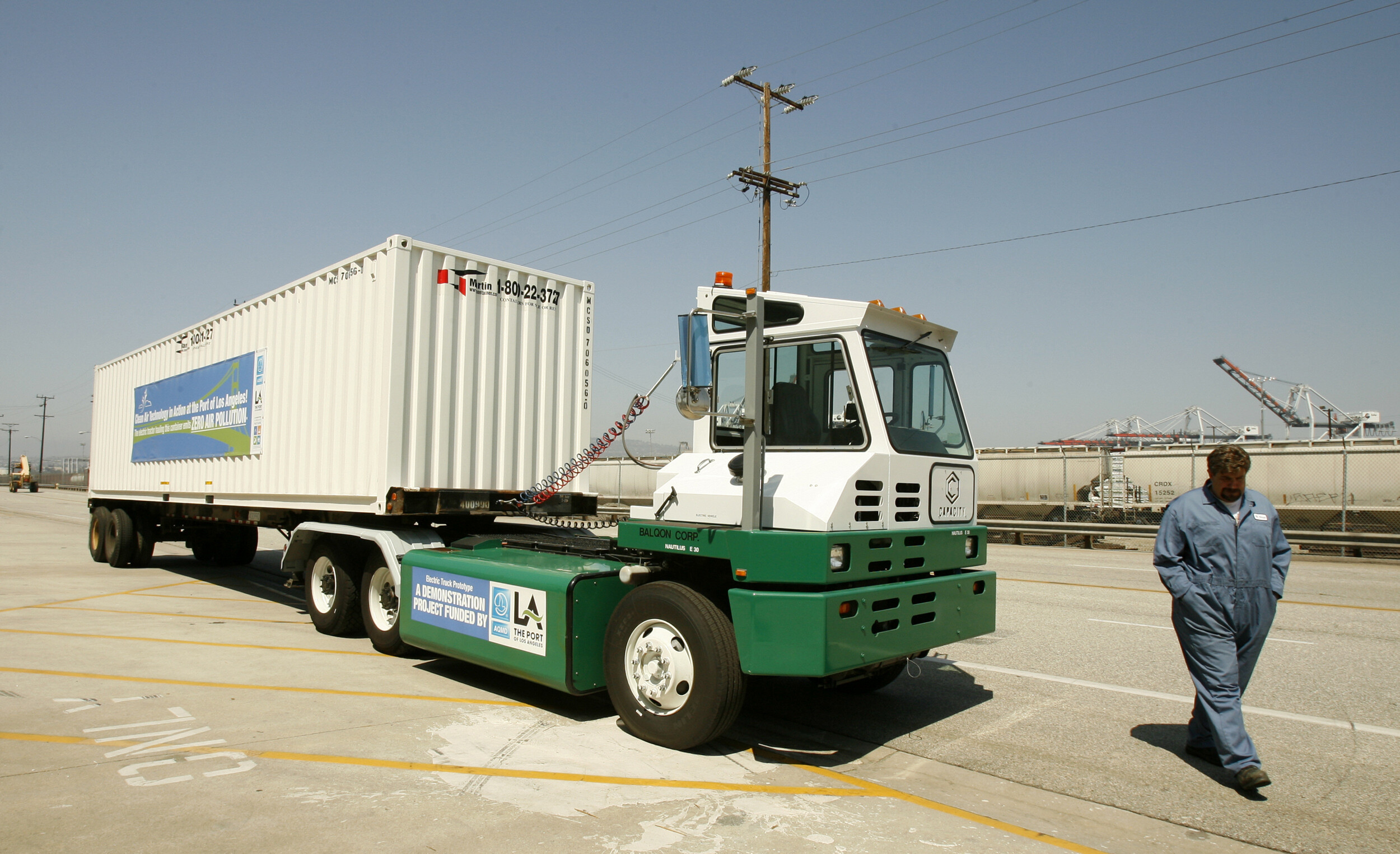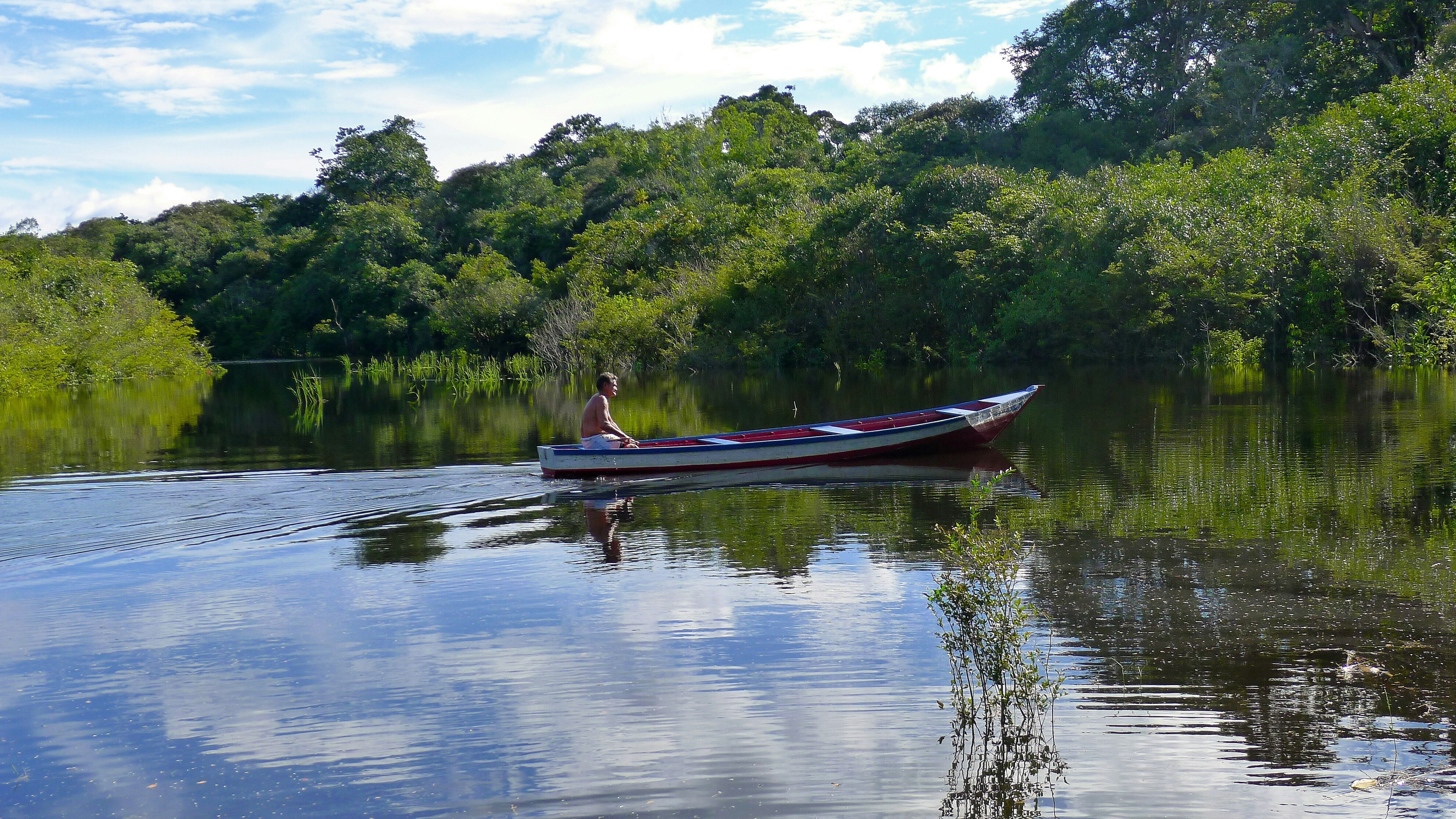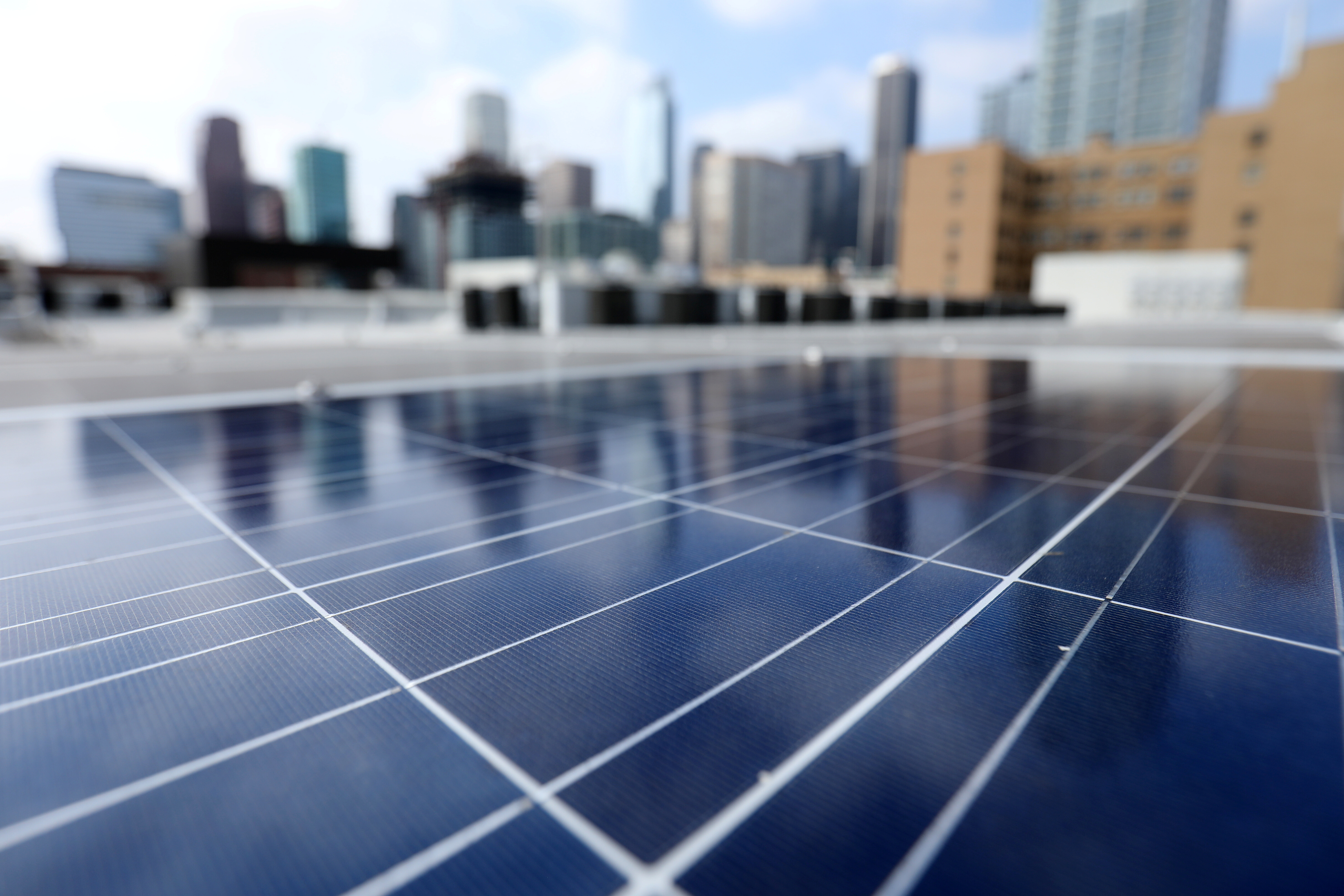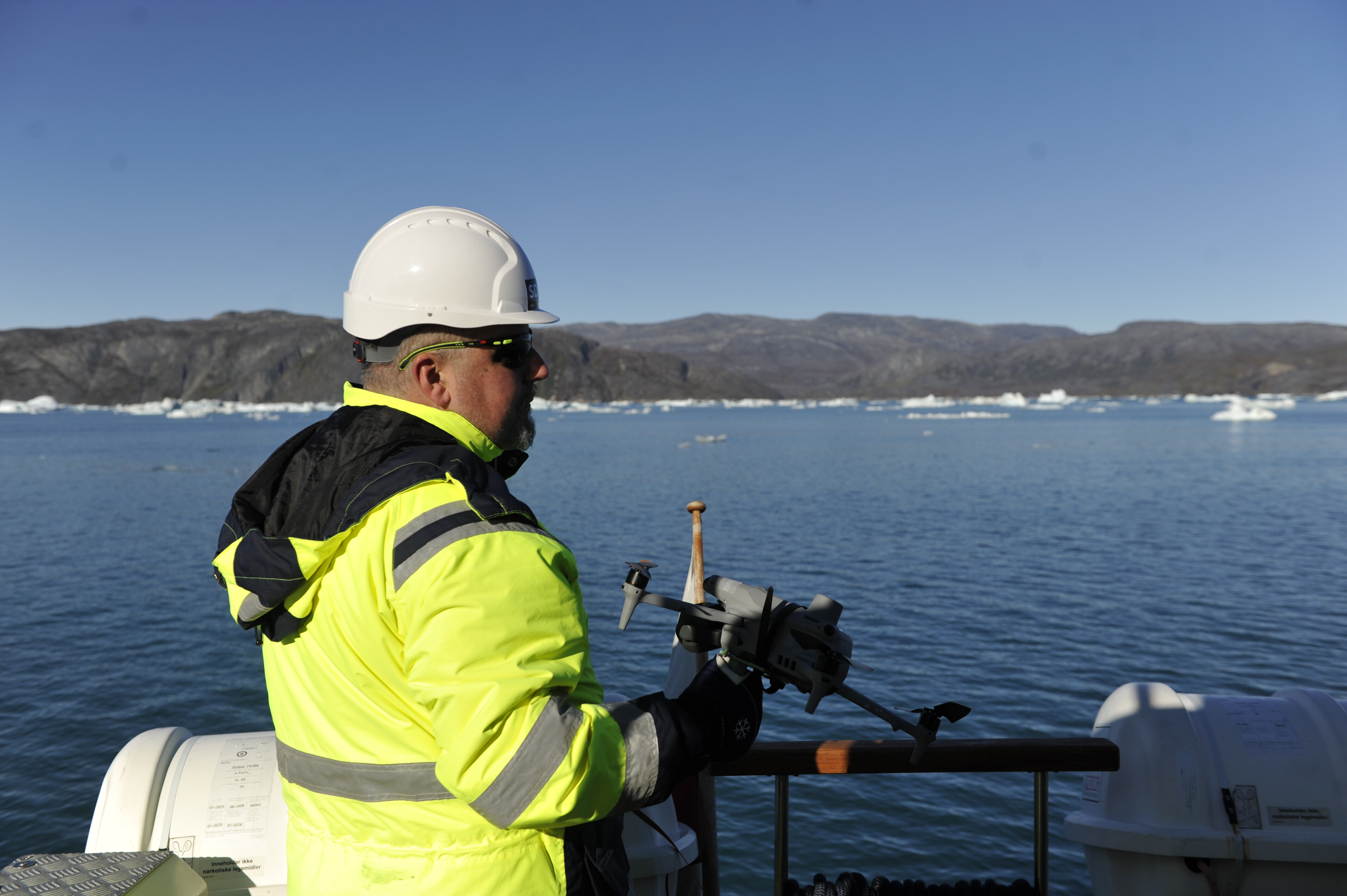How can leaders succeed in the clean energy transition?

Countries must come together in an effort to transition to clean energy. Image: REUTERS/Phil Noble
- Many leaders assume that reducing emissions and growing their countries’ economies aren’t compatible goals, writes a professor of climate change.
- Many countries have succeeded beyond expectations in their transitions to clean energy by looking beyond traditional cost-benefit economic approaches.
- Leaders must embrace uncertainty around the risks and opportunities countries might face as a result of making low-carbon transitions.
Limiting climate change will require an unprecedented global movement to make low-carbon technologies the norm. COP26 – the UN climate conference held last November in Glasgow – showed that unfortunately, the world is far from ready for such a movement. Many leaders still assume that reducing emissions and growing their countries’ economies aren’t compatible goals.
Yet in many places, transitions to clean energy technologies have succeeded far beyond expectations. Since 2010, wind power has grown from providing under 1% to providing 10% of electricity in Brazil, and provided 15% of the EU’s electricity demand in 2019. Solar power – described as “the most expensive way to reduce carbon emissions” as recently as 2014 – now costs 85% less than it did a decade ago, increasingly making it the cheapest electricity in history.
And in India, affordable energy access programmes drove sales of high-efficiency LED bulbs from just 3 million in 2012 to 670 million in 2018, with prices also falling by 85%. These three technologies now offer some of the cheapest ways to produce electricity or light across much of the world.
What's the World Economic Forum doing about the transition to clean energy?
What’s crucial is that these transitions all involved significant government action. Plus, most went ahead despite the fact that in many cases, early economic calculations suggested that developing renewables would be an especially expensive way to cut emissions.
Rather than relying on research and development to bring down costs through coming up with new inventions – or leaving the market to do so on its own through competition – governments used subsidies and public procurement programmes (government commitments to buy a certain volume of a new product) to keep costs down and boost uptake.
These impressive outcomes show that traditional models of economic appraisal – calculating costs and benefits as if they were fairly predictable – are inadequate for making truly transformative change in sectors like energy, industry, transport and buildings.
Challenges
A global low-carbon transition will involve multiple, unpredictable changes to the way these sectors are run. And few of a transition’s most important benefits, like cleaner technologies and supply chains, new jobs, and fresher air, can be easily quantified in advance.
The costs of wind power, solar power and LEDs were initially much higher than established technologies (like coal- and gas-powered electricity) that had benefited from more than a century of development. But as seen in major emerging economies, as well as in Europe, these new technologies are now actually cutting energy costs.
Our analysis shows that, when deciding how to make low-carbon transitions, leaders need to look beyond traditional cost-benefit economic approaches – and must embrace uncertainty around the risks and opportunities countries might face as a result.
Leaders and researchers also need to identify how to create “tipping points” that can trigger cascading changes towards low-carbon economies. For example, continued improvements in battery technology are making electric vehicles (EVs) increasingly competitive with gasoline cars.
Policies to build better charging infrastructure and reduce EVs’ price could tip us more rapidly towards an electric transport future. The benefits of that future include cleaner cities, reduced oil dependence and even the ability to store excess electricity in EV batteries to support the national grid when needed.
Historically, it’s been widely assumed that reducing emissions would mean damaging countries’ economies. And low-carbon transitions do, of course, involve social and economic challenges.
But well-designed policies – such as those used to drive the revolutions in wind, solar and LEDs – have the potential to create huge benefits for participating countries, not just for our climate. If we want to solve climate change, we first need to transform our economic thinking.
Don't miss any update on this topic
Create a free account and access your personalized content collection with our latest publications and analyses.
License and Republishing
World Economic Forum articles may be republished in accordance with the Creative Commons Attribution-NonCommercial-NoDerivatives 4.0 International Public License, and in accordance with our Terms of Use.
The views expressed in this article are those of the author alone and not the World Economic Forum.
Stay up to date:
Climate Crisis
Related topics:
Forum Stories newsletter
Bringing you weekly curated insights and analysis on the global issues that matter.
More on Climate Action and Waste Reduction See all
Wee Kean Fong and Yvonne Zhou
November 19, 2025









